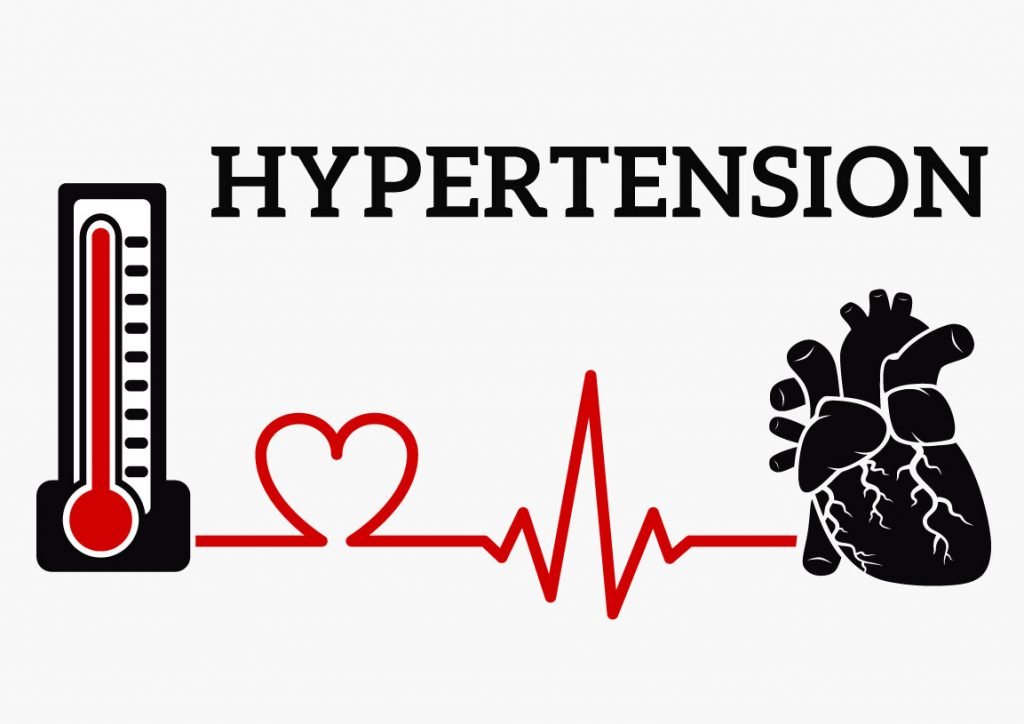World Hypertension Day: Ayurvedic herbs to fight hypertension
May 17, 2019 | Friday | Views | By Dr. Partap Chauhan
Dr. Partap Chauhan, Director, Jiva Ayurveda shares his views on hypertension on World Hypertension Day
Hypertension (known as Rakta Gata Vata in Ayurveda) is elevated pressure of the blood in the arteries. The increase in blood pressure depends upon a person's age, sex, physical and mental activities, family history, and diet. Normal blood pressure of a healthy adult individual is 120 mmHg systolic and 80 mmHg diastolic. This condition results from two major factors that can either exist independently or together:
- Narrowing of the body's smaller blood vessels (arterioles), which results in the blood exerting more pressure against the vessels' walls.
- The heart pumping blood with excessive force
Unhealthy diet and sedentary lifestyles are the chief causes of hypertension today. Most of the food items that we consume today - fast foods or items packed with preservatives and chemicals - create digestive problems in the body. Impaired digestion leads to accumulation of ama (toxins), which further lead to the high blood pressure. The food we eat is digested by our digestive fire (jatharagni) to produce nutrient plasma. This plasma nourishes all other dhatus (body tissues) and aids in the production of healthy blood, which circulates all over the body through various channels (srotas).
However, if digestion is impaired, the nutrient plasma ends up producing digestive impurities or ama. This ama mixes with plasma and makes it sama (combined with ama) or heavy. As a result, the blood thus produced also becomes heavy or sticky. This heavy blood (laden with impurities) circulates through various channels and toxins start accumulating in weaker channels of the body. When accumulated in the heart's channels, these toxins cause narrowing of the channels. The blood has to therefore end up exerting more pressure to circulate through these channels, leading to the condition of high blood pressure.
The World Health Organization estimates that 600 million people with high blood pressure (HBP) are at risk of heart attack, stroke and cardiac failure. We can’t get rid of stress completely, but we can intake these herbs that can be extremely beneficial in leading a happy and balanced life:
Brahmi:
This is a well-known herb for reducing stress. It decreases the levels of the stress hormone and enhances the power of concentration. Brahmi leaves can be used to make a tea that helps you calm down and relieve stress.
Bhringraj:
Bhringraj tea helps in detoxifying the body and energizing the brain by an increased supply of oxygen. You can also use bhringraj oil to massage your scalp, which will have calming effects on your mind and body.
Ashwagandha:
Ashwagandha promotes restorative sleep and balances energies in the body to reduce insomnia and boost energy and stamina. Take a daily dose of 1-2 tsp of the dried ashwagandha root powder to reduce stress and anxiety.
Arjun:
Arjun is one of the most famous herbs known today. It has many effective medicinal uses especially for the heart and circulatory system which make it such a valuable herbal component in the treatment of heart problems in Ayurveda.
Amla:
Amla has been proven to be very effective in lowering blood pressure. Amla juice, if taken on an empty stomach with one glass of water can save you from various kinds of ailments in a long run. It is considered one of the best fruits in preventing heart failure and advanced stage problems like hypertension. Being a rich source of Vitamin C, it helps in widening the blood vessel and reducing blood cholesterol levels.
Shankhapushpi:
Shankhpushpi or Shyamaktanta is a perennial herb and is used for its medicinal benefits. The herb is beneficial in treating high blood pressure. Take the powder of the herb (2-4 gm) thrice a day. Shankhapushpi sharbat can be taken as a single herb or adjuvant to other modern medicines.









